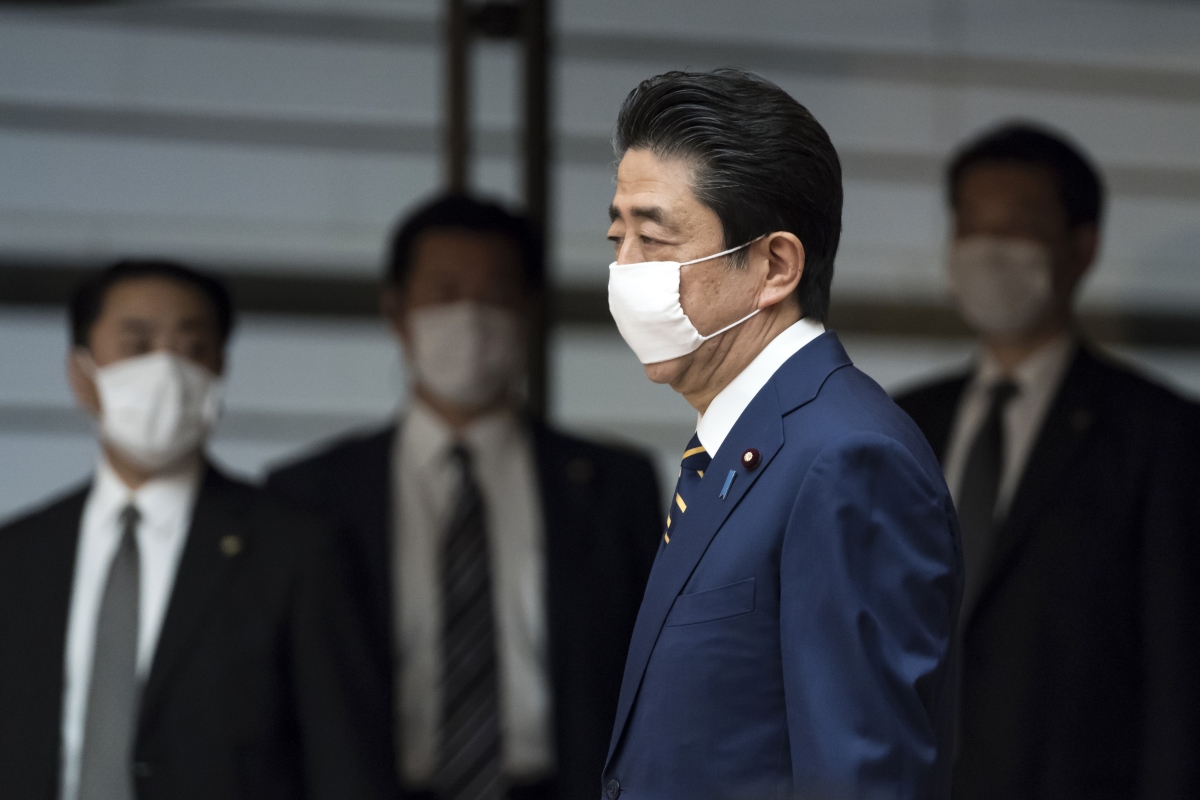Japan Should Lead G-20 in Devising Global Coronavirus Rescue Package
Kevin Rudd and Gordon Brown

(Tomohiro Ohsumi/Getty Images)
The following is an excerpt of an op-ed penned by former Prime Minister of Australia and President of the Asia Society Policy Institute Kevin Rudd and former Prime Minister of the United Kingdom and the UN Special Envoy for Global Education Gordon Brown, originally published in the Nikkei Asian Review.
Japan has a proud record in international development.
The country has played a major part in developing the infrastructure of the world, and its promotion of education in developing countries has earned respect around the world.
Japan has also led two of the most important global institutions, the World Health Organization and the Asian Development Bank, and it is a prominent member of both the Group of Seven and Group of 20.
During the 2008 global financial crisis, which we led our countries through with the active help of Japan, the G-20 leaders' group was formed to coordinate a global response. In other emergencies, such as tsunamis, civil wars or epidemics, coalitions of countries have called together pledging conferences to generate funding.
Today we need both: a G-20 task force that builds on the recent virtual meeting of leaders to coordinate international support and a pledging conference to raise funds to make it effective. Our hope is that Japan can play the lead role in now making this possible.
A decade ago, the immediate economic crisis was surmounted when the economic fault-line, the under-capitalisation of the global banking system, was tackled. This time, the economic emergency will not end until the health emergency is effectively addressed, and the health emergency will not end simply by conquering the disease in one country alone. It can end only when we start to see recovery from COVID-19 globally.
In recent days, doctors, economists and members of civil society, many with recent experience of government, have come together to demand immediate and coordinated action by the international community to mobilize an unprecedented level of medical resources to suppress COVID-19 and to prevent a global recession becoming a global depression.
To rise to that challenge, we must first recognize that the global health crisis requires a global response.